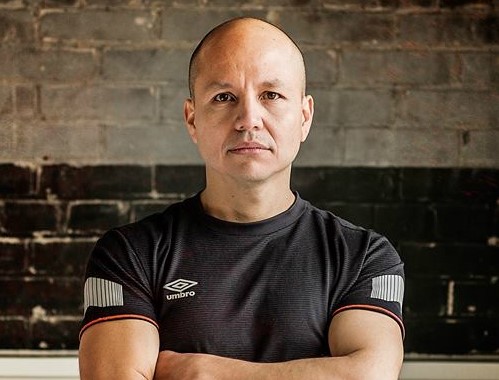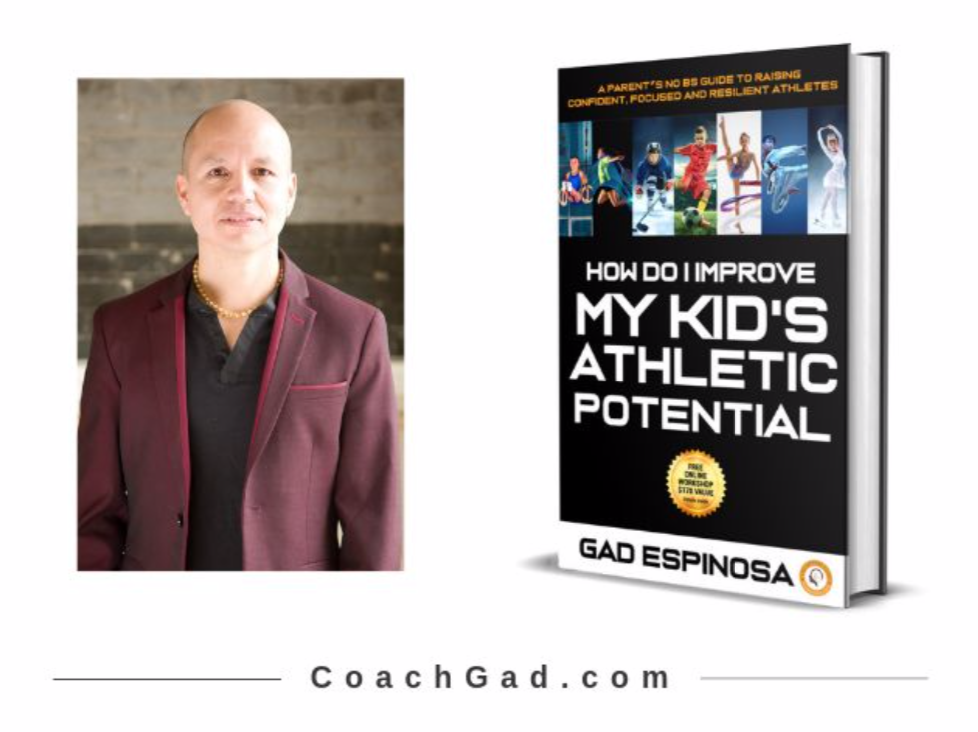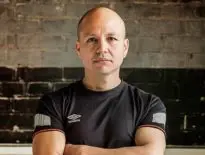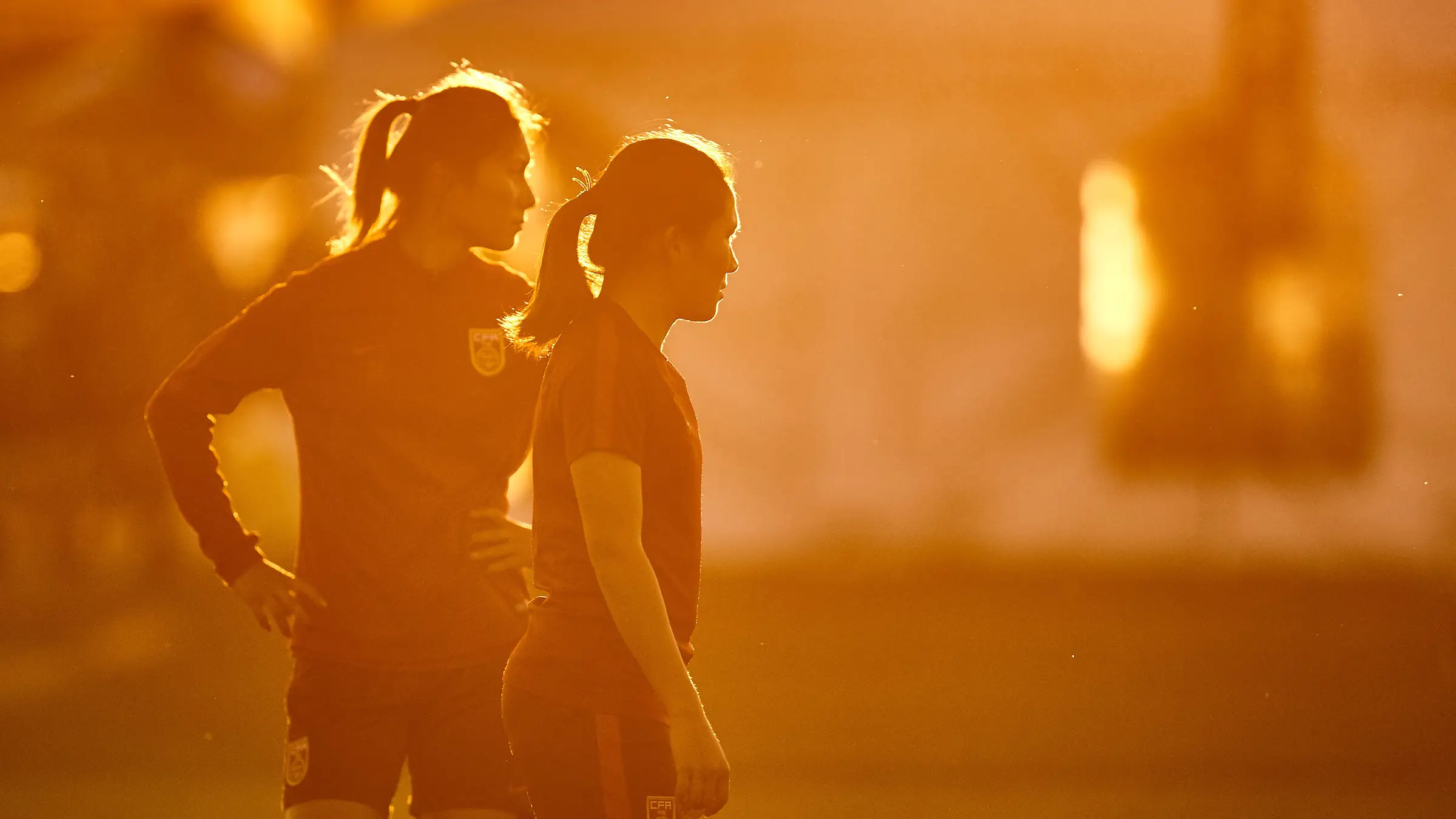 Editor’s Note: This article is an in-depth examination of Tip #1 in Coach Gad’s previous piece, entitled: ‘Soccer Parents: 4 Key Mindset Changes Your Youth Player Needs to Make ASAP‘
Editor’s Note: This article is an in-depth examination of Tip #1 in Coach Gad’s previous piece, entitled: ‘Soccer Parents: 4 Key Mindset Changes Your Youth Player Needs to Make ASAP‘
“Success is stumbling from failure to failure with no loss of enthusiasm” – Winston Churchill
It’s important we take a closer look at the importance of failure. Most athletes don’t realize that failure is not only OK, but it should be expected.
Why is that?
Well, athletes are always putting themselves out there to be judged, and there is always a winner and loser. Even the best players fail most of the time. In soccer, the great Lionel Messi has to take around six shots to score one goal, and Cristiano Ronaldo only scores one goal for every seven shots that he takes.
Failure is part of the athletic journey and the mindset shift of understanding this allows athletes to be emotionally ready to accept and learn, instead of making excuses.
Athletes that are failing should have the discipline to ask themselves: what went wrong? Why did it go wrong? What can I do to make it better? Asking these questions activates a formula that is key to reaching their full potential, and that is they are maximizing their ‘Rate of Growth’ (ROG).
This is extremely important, because when a young athlete maximizes their ROG, they are on their way to be the best possible version of themselves. With time, they will leapfrog those athletes that don’t adjust their training or, worse yet, don’t learn from their mistakes.
Mistakes are information! Information to store in the library of the brain for future use. If young athletes calmly take the time to review the situation, the results are that they will:
- Learn how NOT to do things
- How to adjust themselves for success on the fly
- Begin to focus on improving certain aspects of their performance
But if they fail to learn, or don’t know how to learn from their mistakes, an athlete will leave a lasting memory of the event in their brain. One that will be triggered each time subconsciously they’re in a similar situation, which ultimately causes them to lose confidence, or worse yet, freeze up and not perform at their best.
Now, there is one kind of failure though that an athlete should never embrace, and that’s what is called a preventable failure. A preventable failure is when you don’t do what you know needs to do be done to succeed.
What can this be?
Not studying for a test, staying up late despite having an early morning game, etc. There is no excuse for this type of failure, and being accountable will help change this in the future.
In contrast, intelligent failures are the ones that you need to seek and embrace wholeheartedly. This happens when you push yourself into unchartered territory, trying things you haven’t accomplished yet. These are high-risk and naturally produce a lot of failure at first.
Make sure as a parent or coach, that you foster an environment of accepting intelligent failure.
Athletes need to know that intelligent failure teaches them how to improve. They should pursue and embrace and to turn away from preventable failures.
There you have it: An in-depth look at key mindset change #1 of the four every athlete needs to make ASAP, so they can become mentally strong.
P.S. – Receive my detailed guide on the ‘4 Keys’ by attending my free live webinar – 5 Steps to Being Mentally Tough & Thinking Like a Pro’. To register CLICK HERE!
—————
 Gad Espinosa is a certified Mental Skills Coach, author, speaker and founder of the Mental Toughness Academy. He’s been interviewed in numerous newspapers, radio shows and podcasts. As a former professional athlete, who has represented his country internationally, a college Head Coach and father of two high-performance athletes Gad’s unique perspective allowed him to create the ‘Mentally Tough Athlete’ coaching program.
Gad Espinosa is a certified Mental Skills Coach, author, speaker and founder of the Mental Toughness Academy. He’s been interviewed in numerous newspapers, radio shows and podcasts. As a former professional athlete, who has represented his country internationally, a college Head Coach and father of two high-performance athletes Gad’s unique perspective allowed him to create the ‘Mentally Tough Athlete’ coaching program.
Clients include athletes and teams at all levels, from those just starting their athletic careers to full-time professional athletes and others who have gone on to represent their country and succeed at World Championships and Olympic Games.
Gad is passionate about helping athletes and teams discover mental strength breakthroughs that allow them to maximize their potential development not just in the quality of their athletic performances, but also in their life satisfaction and overall well-being.








